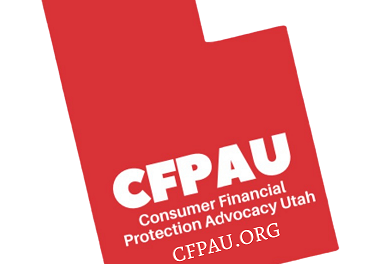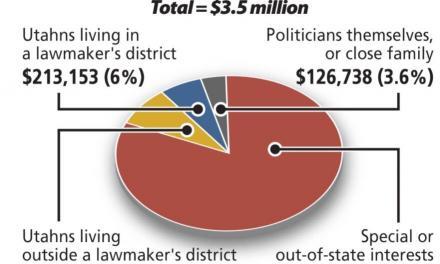
Elder Fraud Advisory
Seniors are often targeted for elder fraud because they tend to be very trusting and polite. Seniors usually have significant financial savings, own a home, and have good credit—all of which make them attractive for scams. The FBI provides this brochure to help:
To download the brochure please click here older-adult-financial-exploitation-brochure-2019
The FBI states:
“If you believe you or someone you know may have been a victim of elder fraud, contact your local FBI field office or submit a tip online. You can also file a complaint with the FBI’s Internet Crime Complaint Center.
When reporting a scam—regardless of dollar amount—include as many of the following details as possible:
- Names of the scammer and/or company
- Dates of contact
- Methods of communication
- Phone numbers, email addresses, mailing addresses, and websites used by the perpetrator
Methods of payment - Where you sent funds, including wire transfers and prepaid cards (provide financial institution names, account names, and account numbers)
- Descriptions of your interactions with the scammer and the instructions you were given”
Tips to Help Financial Institutions Detect Elder Fraud
Banks and credit unions are uniquely positioned to detect that an older account holder has been targeted or victimized and take action.
The Consumer Financial Protection Bureau (“CFPB” or “Bureau”) has published an Advisory for financial institutions on preventing and responding to elder financial exploitation The CFPB provided six categories of voluntary best practices to help financial institutions prevent elder financial abuse and intervene effectively when it occurs.
These categories include:
1. Developing and implementing internal protocols and procedures for protecting account
holders from elder financial exploitation;
2. Training management and staff to prevent, detect, and respond to suspicious events
3. Detecting elder financial exploitation by harnessing technology;
4. Reporting all cases of suspected exploitation to relevant federal, state and local
authorities;
5. Protecting older account holders by complying with the Electronic Fund Transfer Act
(EFTA) and Regulation E and by offering age-friendly services that can enhance
protections against financial exploitation;
6. Collaborating with other stakeholders such as law enforcement, adult protective
services, and service organizations.
References and Sources
Website https://www.comparitech.com/blog/information-security/elder-fraud/https://www.investor.gov/additional-resources/information/seniors/elder-fraud
Website https://www.ojp.gov/spotlight/elder-abuse/fraudhttps://www.nolo.com/legal-encyclopedia/elder-abuse-financial-scams-against-29822.html










